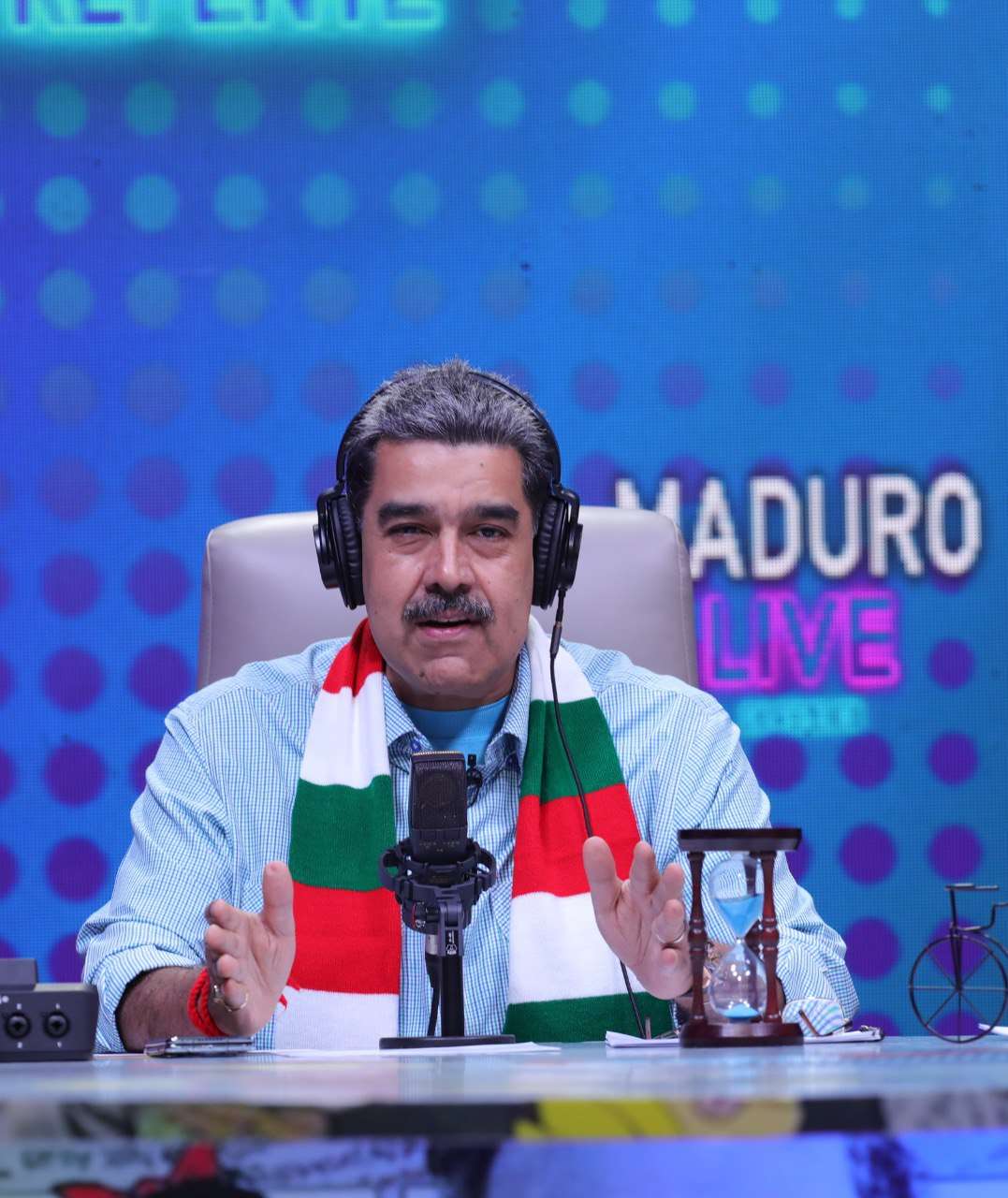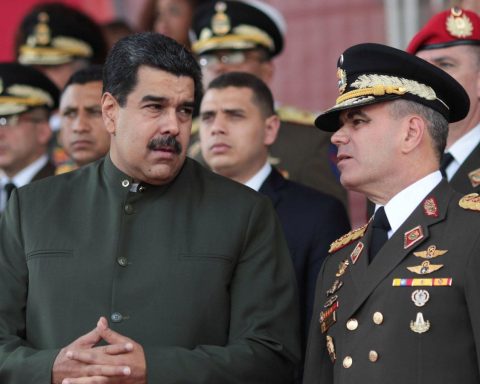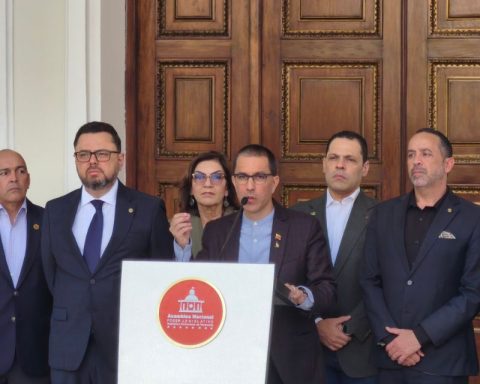In a firm statement during the broadcast of his multiplatform program Con Maduro Live de Repente, the president of the Bolivarian Republic of Venezuela, Nicolás Maduro, condemned the imperialist and colonialist ambitions that threaten the people of America, placing special emphasis on Panama after the recent statements by the president-elect of the United States, Donald Trump.
The Venezuelan head of state recalled the legacy of Omar Torrijos, the illustrious Panamanian leader who dismantled the last structures of colonialism in his country.
“We feel for Omar Torrijos, the greatest Bolivarian born in Panama. He was the man who rescued dignity and independence in his nation. He said: ‘Standing or dead, but never on your knees,'” said the Venezuelan President.
This message comes amidst statements by Trump, who ventured the possibility of regaining control of the Panama Canal, arguing that the tariffs imposed by the country are excessive.
In addition, Trump expressed his concern about the growing influence of the People’s Republic of China in the region, a comment that generates repudiation among nations that seek to maintain their sovereignty in the face of US interference.
No to interference
Panamanian President José Raúl Mulino denied Trump’s claims and assured that “no military contingent is present in the Panama Canal.”
In this context, the Panamanian Government categorically rejected any dialogue with the United States regarding the control of the Canal and flatly denied the presence of Chinese soldiers or other nationalities in the interoceanic waterway, highlighting that its relationship with China is based on respect and in common interests.
On December 23 of this year, the Government of the Bolivarian Republic of Venezuela reaffirmed its support for the sovereignty of Panama, through an official statementdefending that “this sovereignty was conquered by the heroic efforts of President Omar Torrijos.”
This support reaffirms Venezuela’s position in favor of the self-determination of the people in the face of the hegemonic intentions of external actors.















